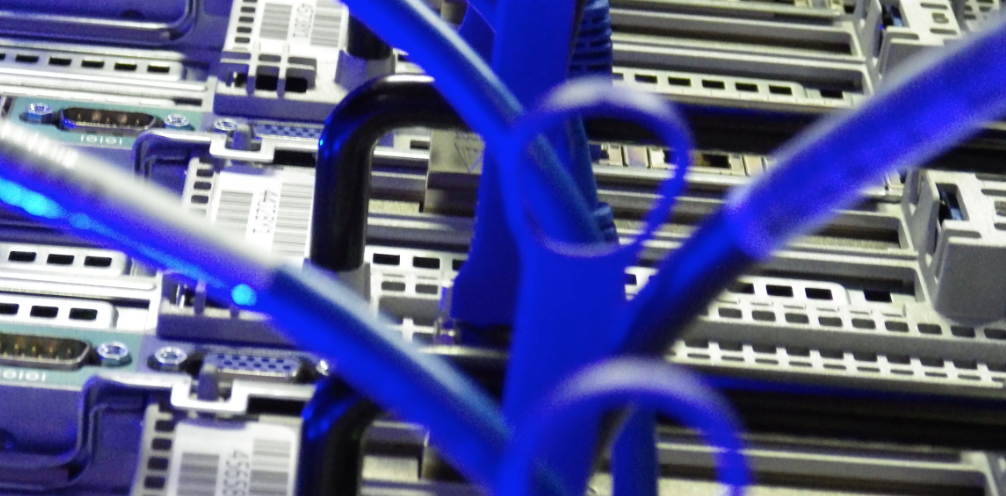
GPU facilities will be made available to researchers through Internet2 links and regional computing partnerships at MGHPCC.Read this story at umass.edu
To support a broadly shared Graphic Processing Unit (GPU)-enabled high-performance computing cluster for the Institute for Applied Sciences (IALS), computational biophysicist Jianhan Chen, chemistry and biochemistry and molecular biology, with others, recently was awarded a two-year, $415,000 grant from the National Science Foundation (NSF) that will fill what Chen calls “a critical need” for enabling computation-intensive research activities on campus.
Although the UMass system has a traditional shared cluster housed at the Massachusetts Green High-performance Computing Center (MGHPCC) in Holyoke, Chen points out, the current cluster has “minimal GPU capacity” and the campus and IALS need dedicated GPU computing hardware to support their research communities. His co-principal investigators on the project are Erin Conlon, mathematics and statistics, Peng Bai, chemical engineering, Chungwen Liang, IALS director of computational modeling, and Matthew Moore, food science.
“When we put in the grant we solicited comments and surveyed the need from IALS and identified 30 labs that could use it,” Chen explains. “They testified to the need and committed to the cost-share with NSF, which will come from IALS, the College of Natural Sciences, College of Engineering, central IT and the Vice Chancellor for Research and Engagement. This is going to be a really unique entity on campus, and it will have a far-reaching impact,” he predicts. “It will be busy from the get-go.”
“I think NSF saw how much need and support we have. I want to particularly highlight the important contributions of Chris Misra and John Griffin of IT,” he adds. “They have taken the leadership in providing technical support that’s absolutely critical to me and other principal investigators on campus. Without them and their excellent help, this will not work, period.”
The new cluster, once carefully built up by Griffin, Chen and his co-investigators will be managed by the IALS Computational and Modeling Core to provide long-term stability for operation and management, serving 250 IALS-affiliated research labs across 27 departments and seven colleges. “The GPU facility offers high-speed single- and double-precision operations as well as extreme parallelism to enhance current activities that contribute to the open science movement,” project leaders state.
It will also contribute to efforts to integrate regional education, outreach, diversity, and economic activities, as the GPU facilities will be made available to researchers through Internet2 links and regional computing partnerships at MGHPCC. The researchers predict that the new cluster “will most likely lead to new developments and discoveries including novel GPU-enabled modeling and simulation technologies that may elucidate molecular mechanism of drug delivery, computational design catalysts for renewable energy and chemical synthesis, advanced computational analysis tools for next-generation informatics and big data, and improved understanding of risk and resistance to breast cancer.”
Story image: Helen Hill